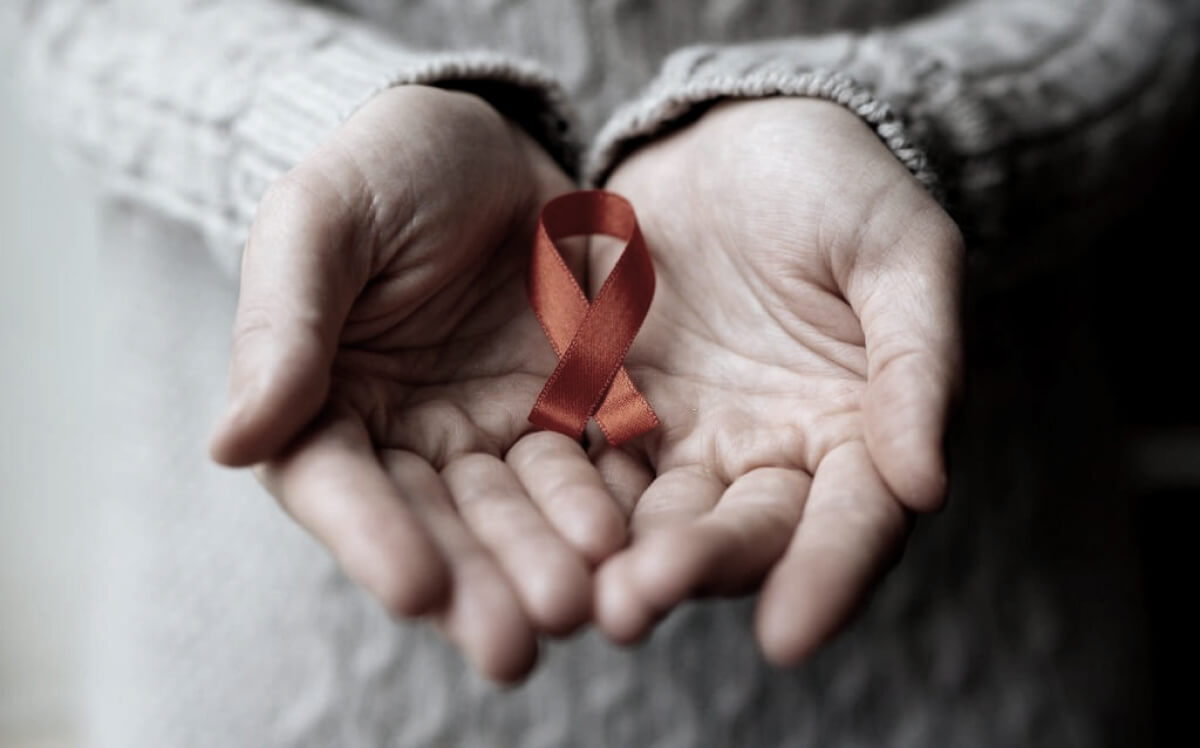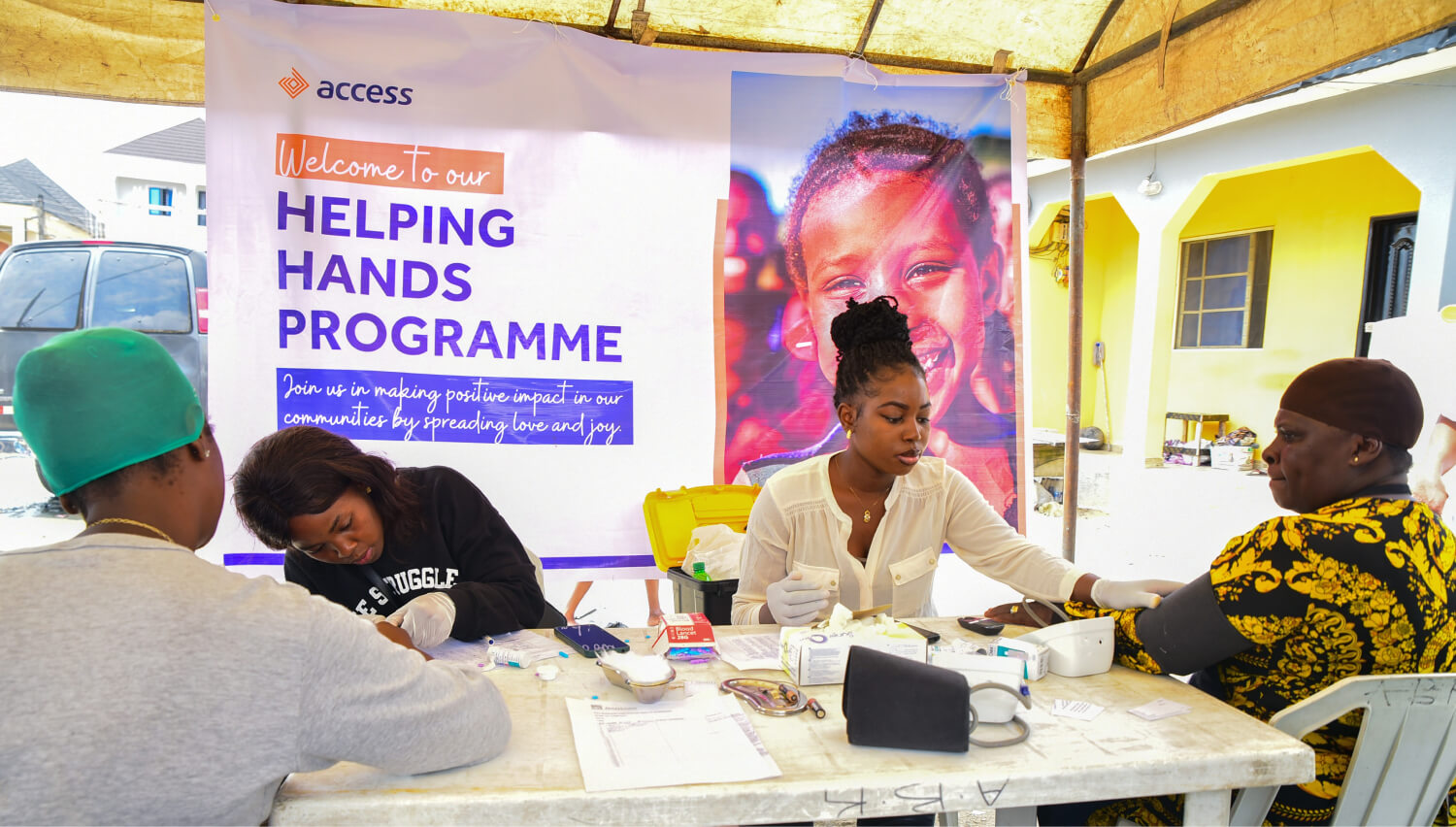HIV, the virus that causes AIDS, has become one of the world’s most serious health and development challenges since the first cases were reported in 1981. Approximately 76 million people have become infected with HIV since the start of the epidemic. Today, there are approximately 38 million people currently living with HIV, and tens of millions of people have died of AIDS-related causes since the beginning of the epidemic.
Each year, on 1 December, the world commemorates World AIDS Day. People around the world unite to show support for people living with HIV and to remember those who have died from AIDS-related illnesses. The theme for the 2020 observance was “Ending the HIV/AIDS Epidemic: Resilience and Impact”.
Access Bank as co-Chair of the Nigerian Business Coalition Against AIDS (NiBUCAA) partnered with NIBUCAA to commemorate the 2020 World AIDS Day across several communities in Nigeria. The event was aimed at promoting messages on HIV prevention, providing HIV counselling, testing and referrals to community members in Lagos State (Badiya, Epe, Ijora, Ikorodu), Ondo State (Ondo Town) and FCT (Mubuchi community).
During the event, 3,164 people were tested for HIV, 15,000 condoms were distributed and 20,000 Information, Education and Communication (IEC) materials on HIV prevention and treatment were distributed to participants and community members.
The Nigerian Business Coalition Against AIDS (NiBUCAA) is the voice of the private sector response to HIV and AIDS in Nigeria. The organization is set up to position the private sector in capitalizing on their unique strengths and proficiencies to HIV program areas and mitigate the impact of HIV and AIDS in the workplace and society in general.
World AIDS Day remains as relevant today as it has always been, reminding people and governments that HIV has not gone away. There is still a critical need for increased funding for the AIDS response, to increase awareness of the impact of HIV on people’s lives, to end stigma and discrimination and to improve the quality of life of people living with HIV.







